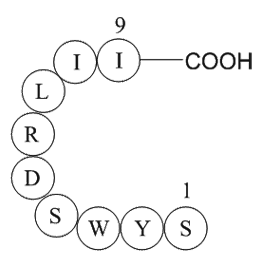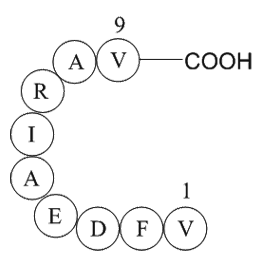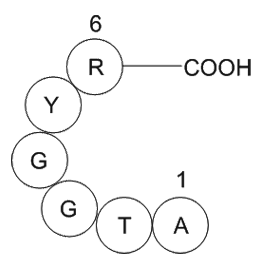

Cancer biology is a subcategory of signaling pathways that focuses on the mechanisms and processes involved in the formation and progression of cancer. In cancer biology, researchers study how normal cells transform into cancerous cells, as well as how cancer cells continue to proliferate and evade the body’s natural defense mechanisms.
One key aspect of cancer biology is the study of signaling pathways that are dysregulated in cancer cells. These pathways play a crucial role in controlling cell growth, division, and survival, and when they are altered, they can lead to uncontrolled cell growth and tumor formation. By identifying and targeting these aberrant signaling pathways, researchers hope to develop new and more effective treatments for cancer.
Cancer biology also explores the factors that contribute to the development of cancer, such as genetic mutations, environmental exposures, and lifestyle choices. By understanding the underlying mechanisms of cancer, researchers can improve early detection and prevention strategies, as well as develop targeted therapies that specifically disrupt the signaling pathways driving cancer growth. Ultimately, the goal of cancer biology is to improve outcomes for cancer patients and reduce the global burden of this devastating disease.










Whether you are looking to place an order or simply want to learn more about our extensive range of products, we are here to assist you every step of the way.